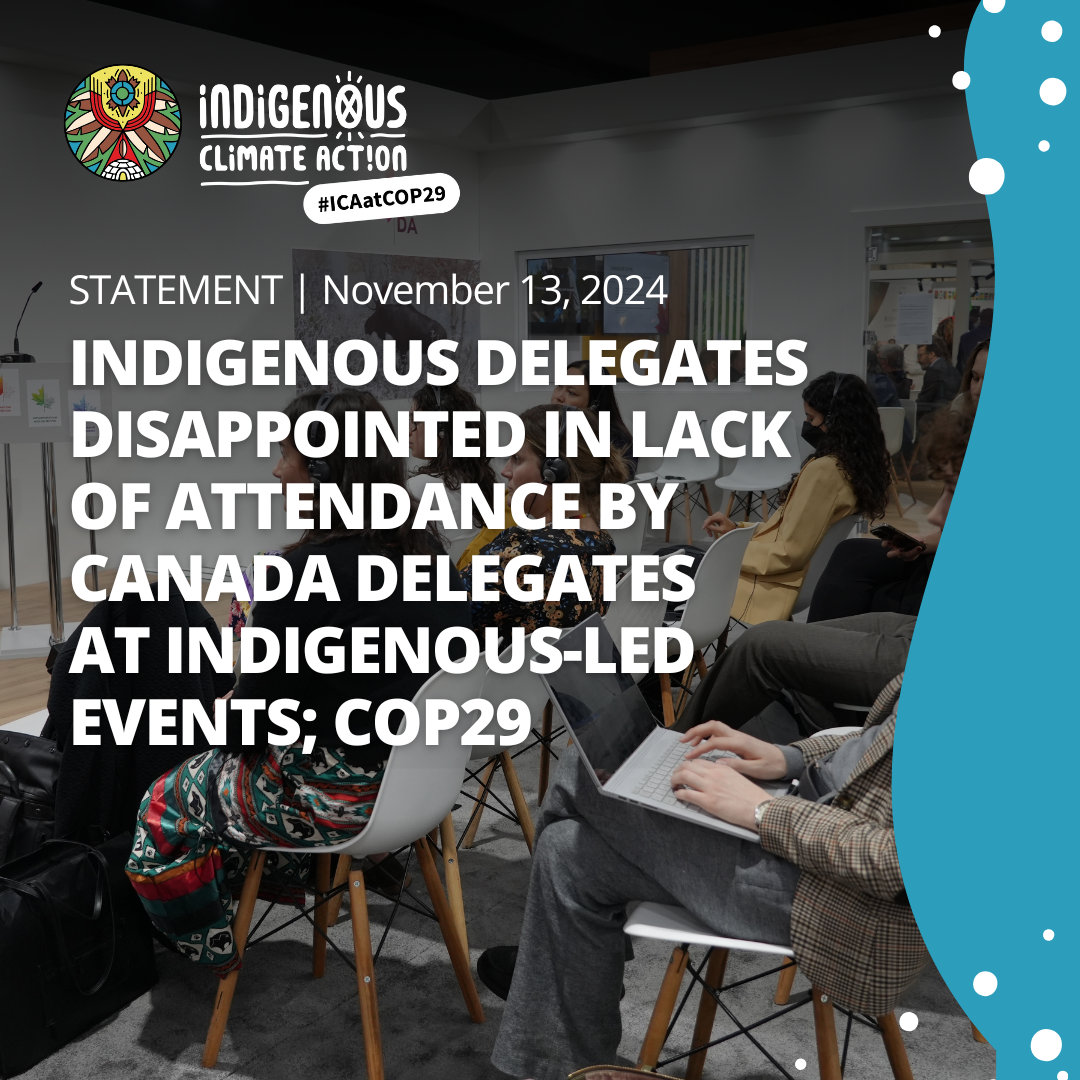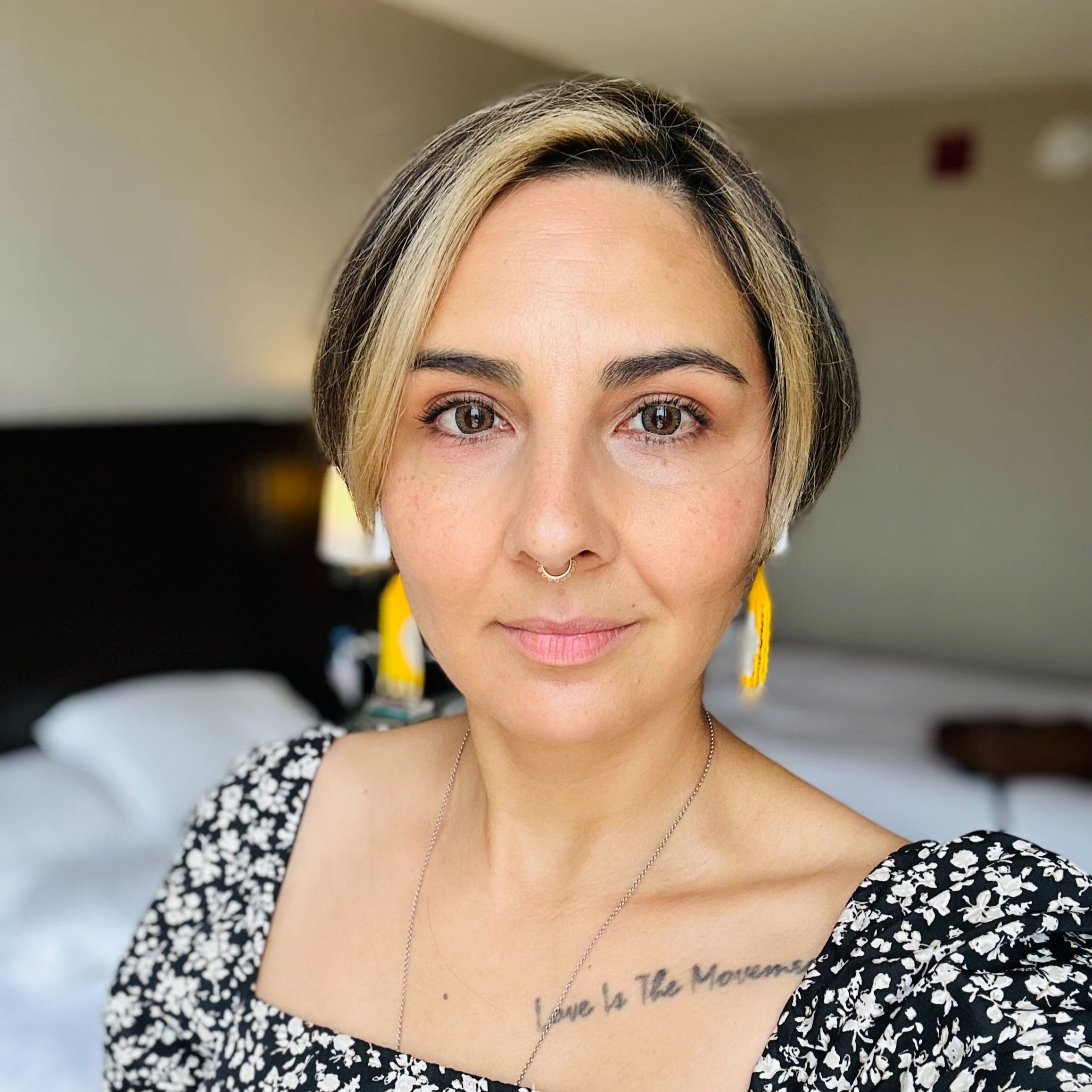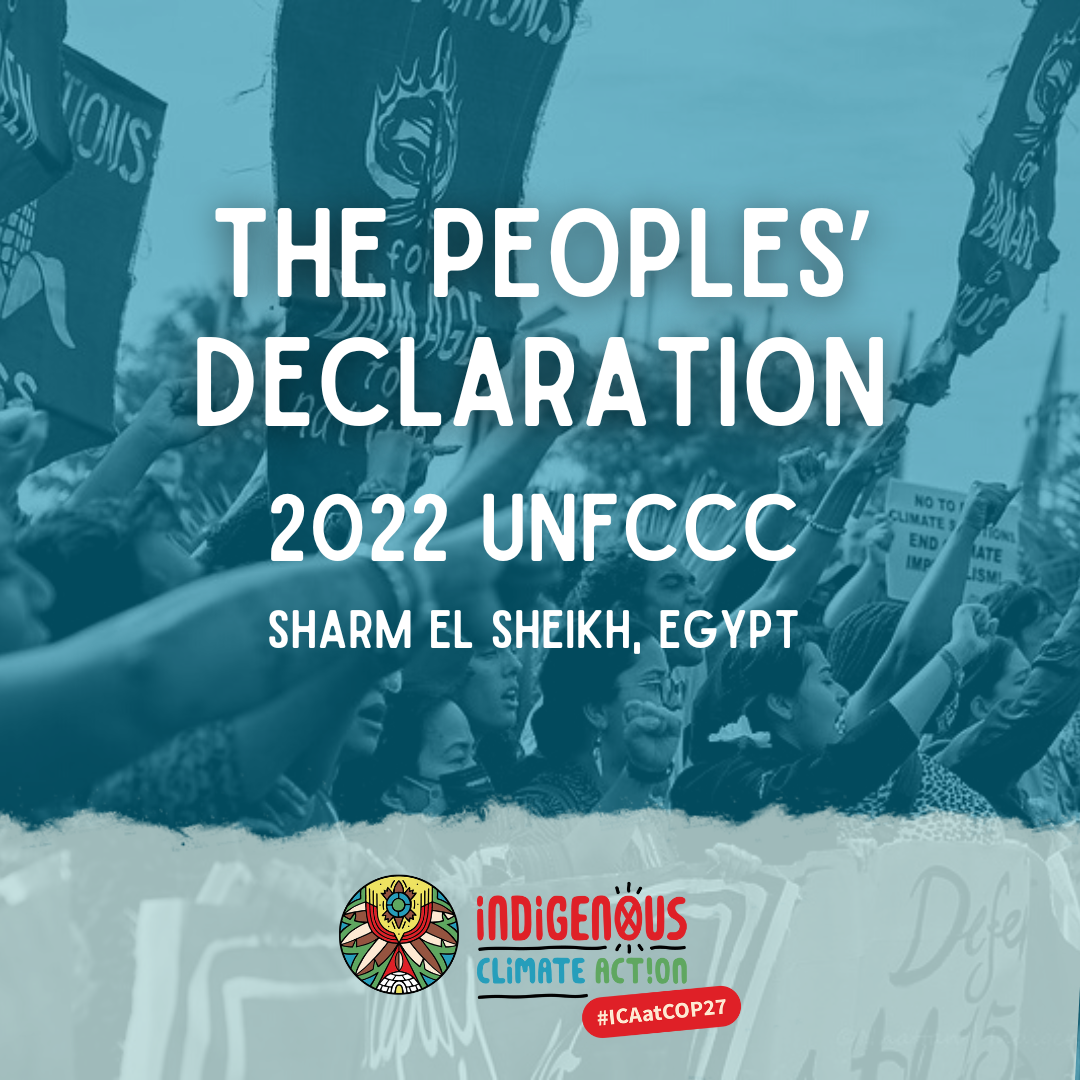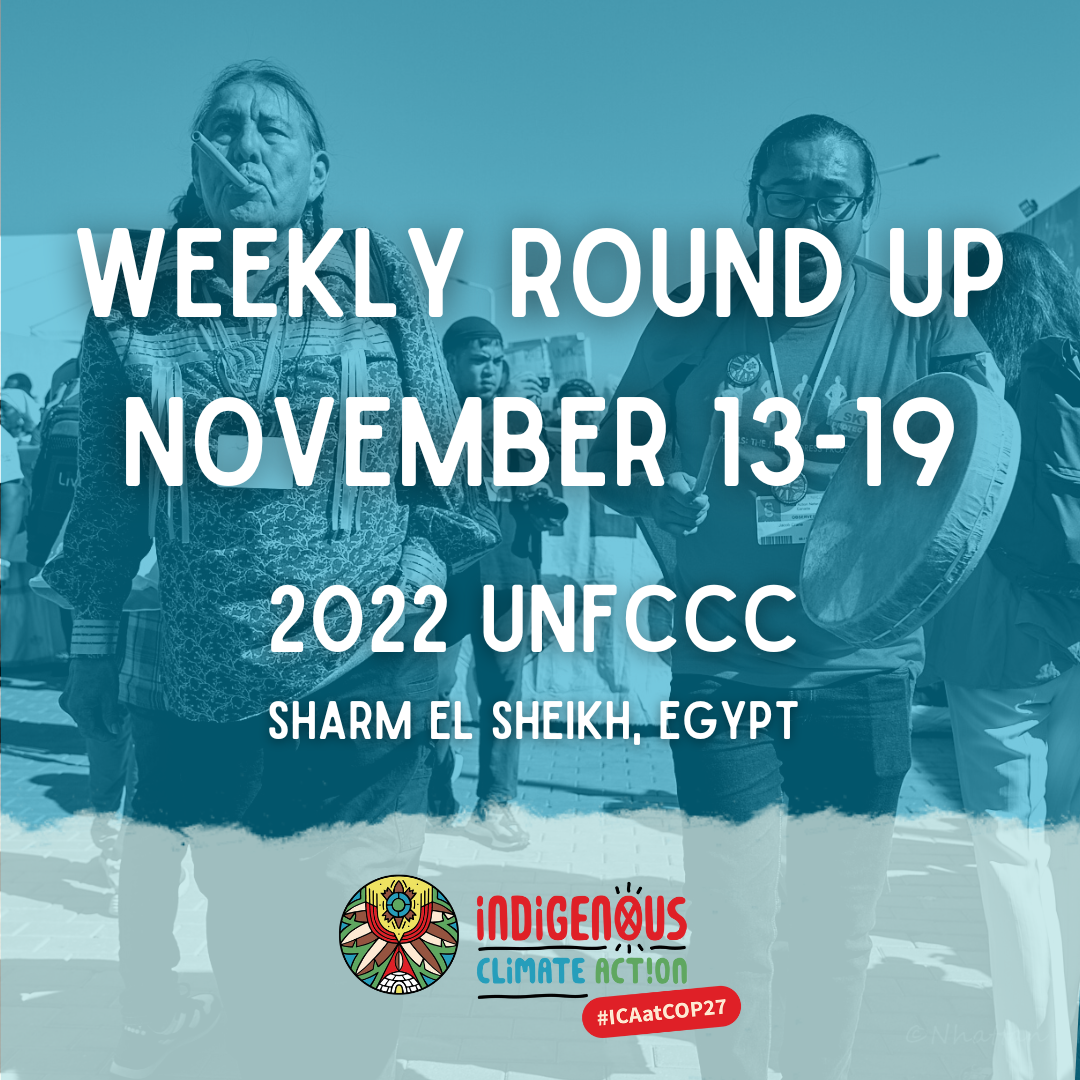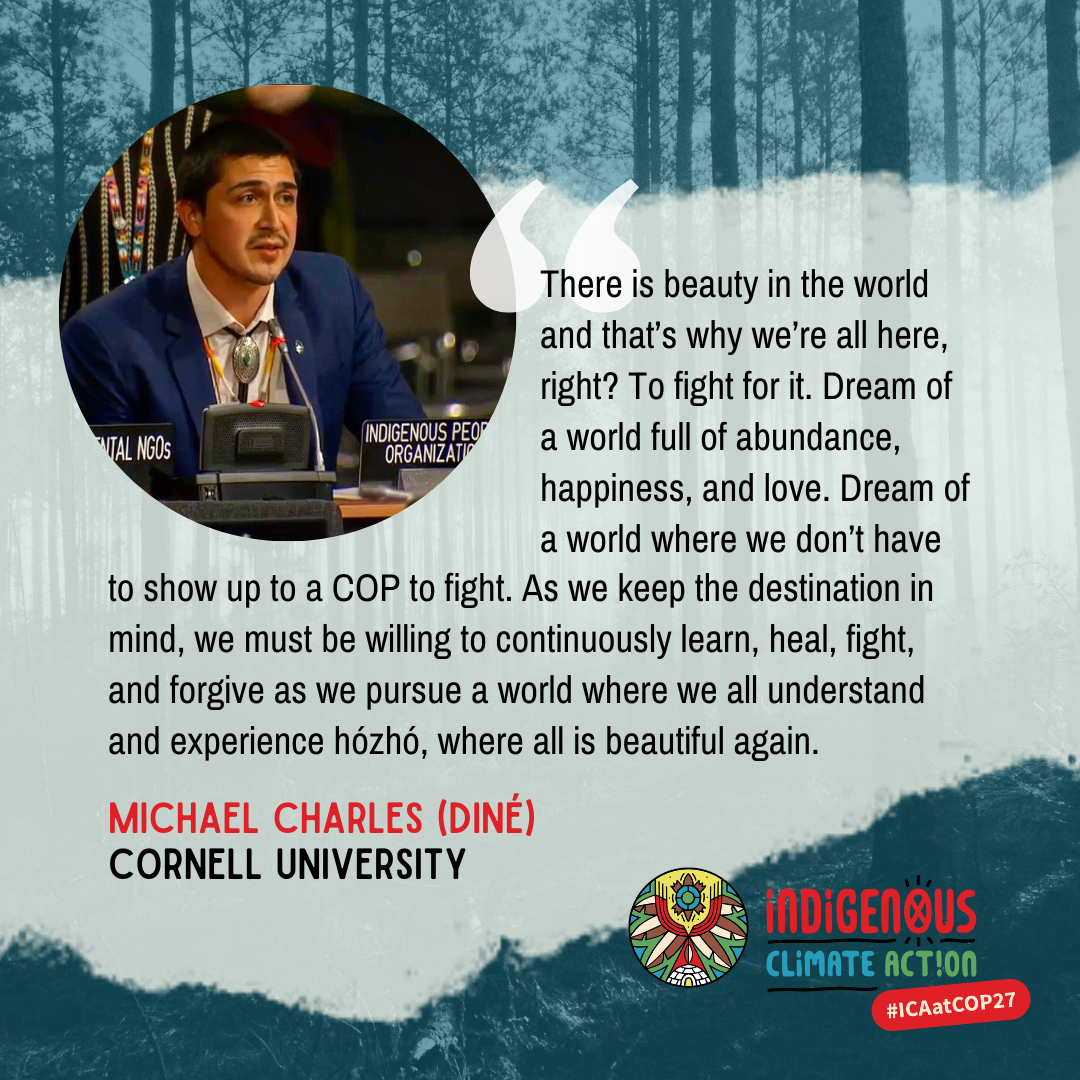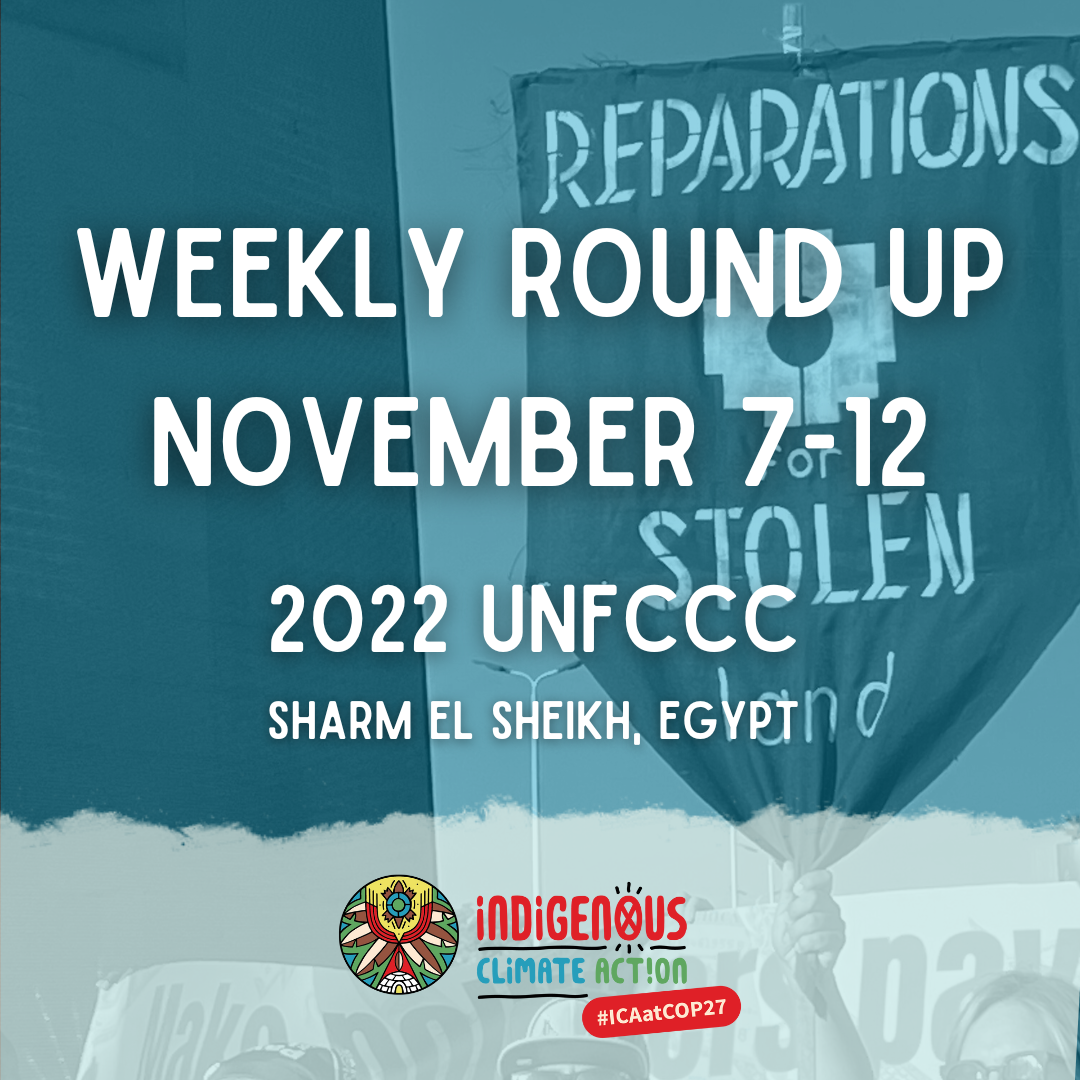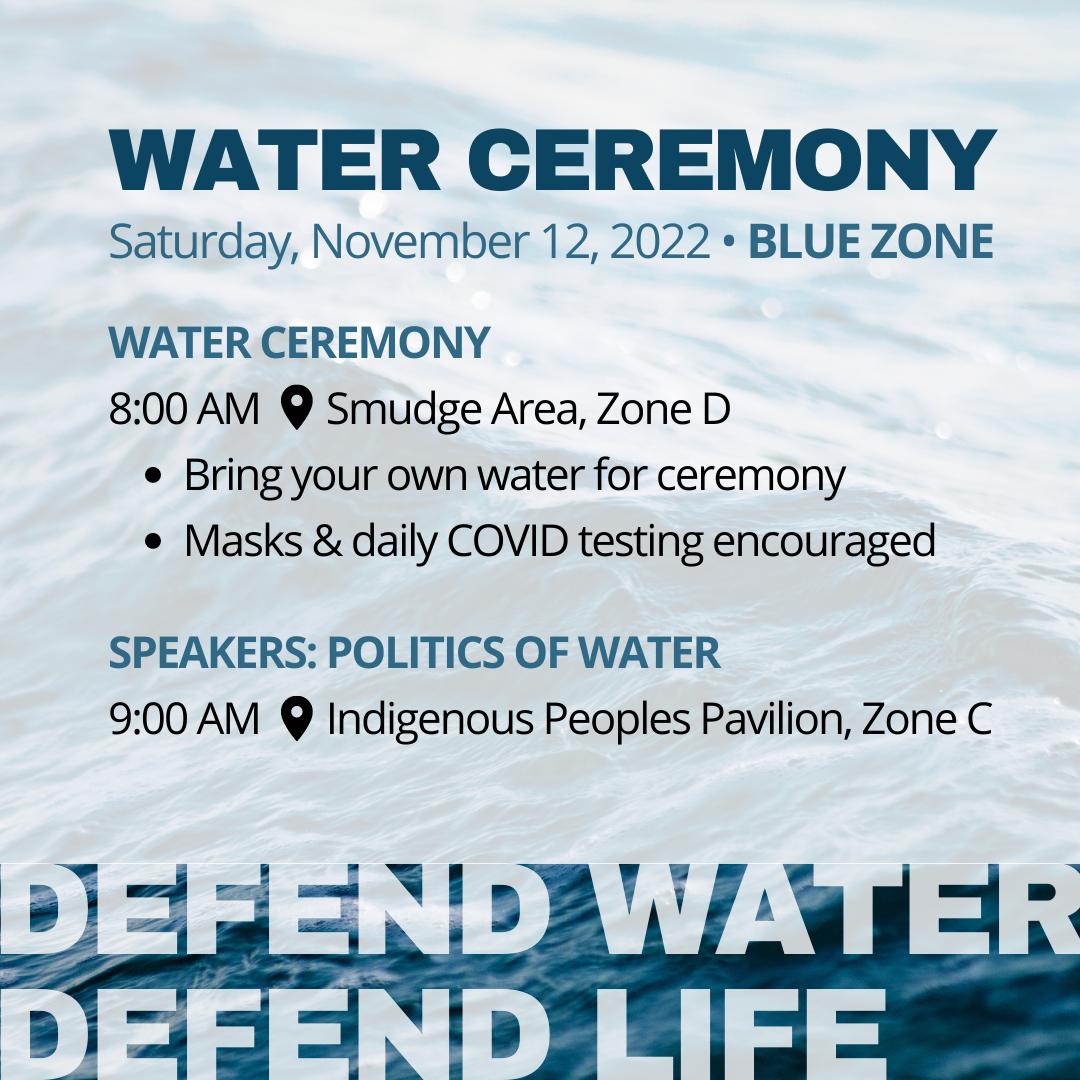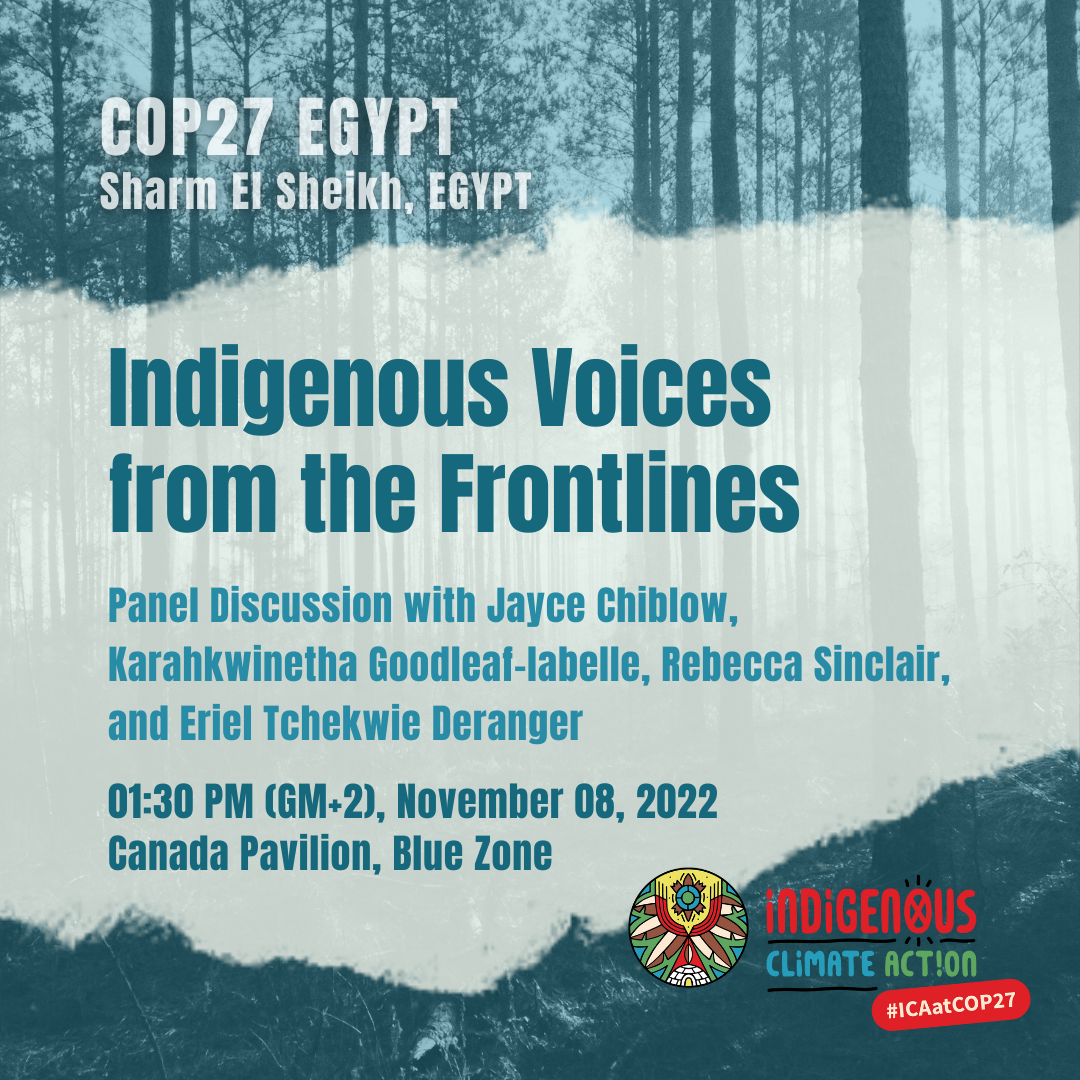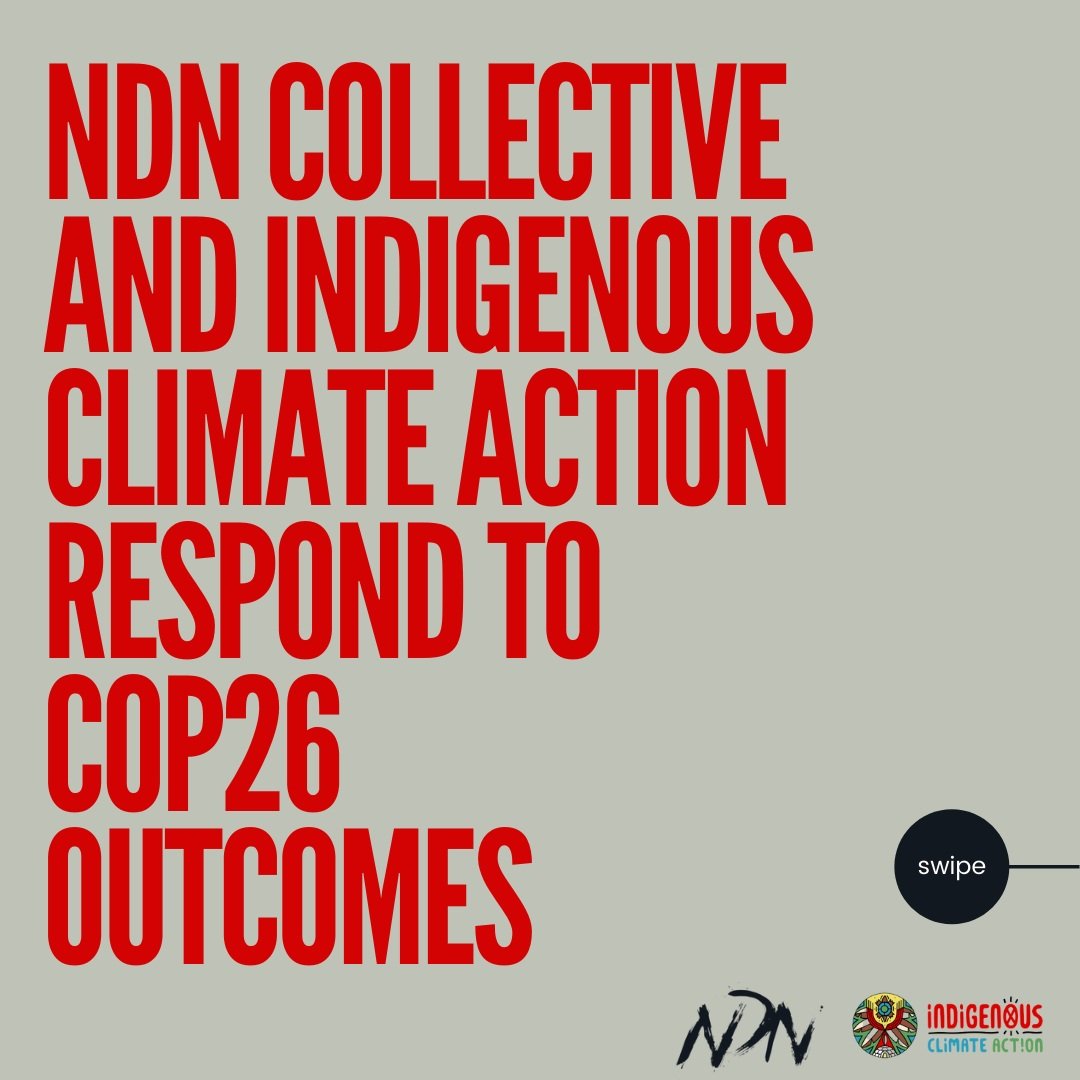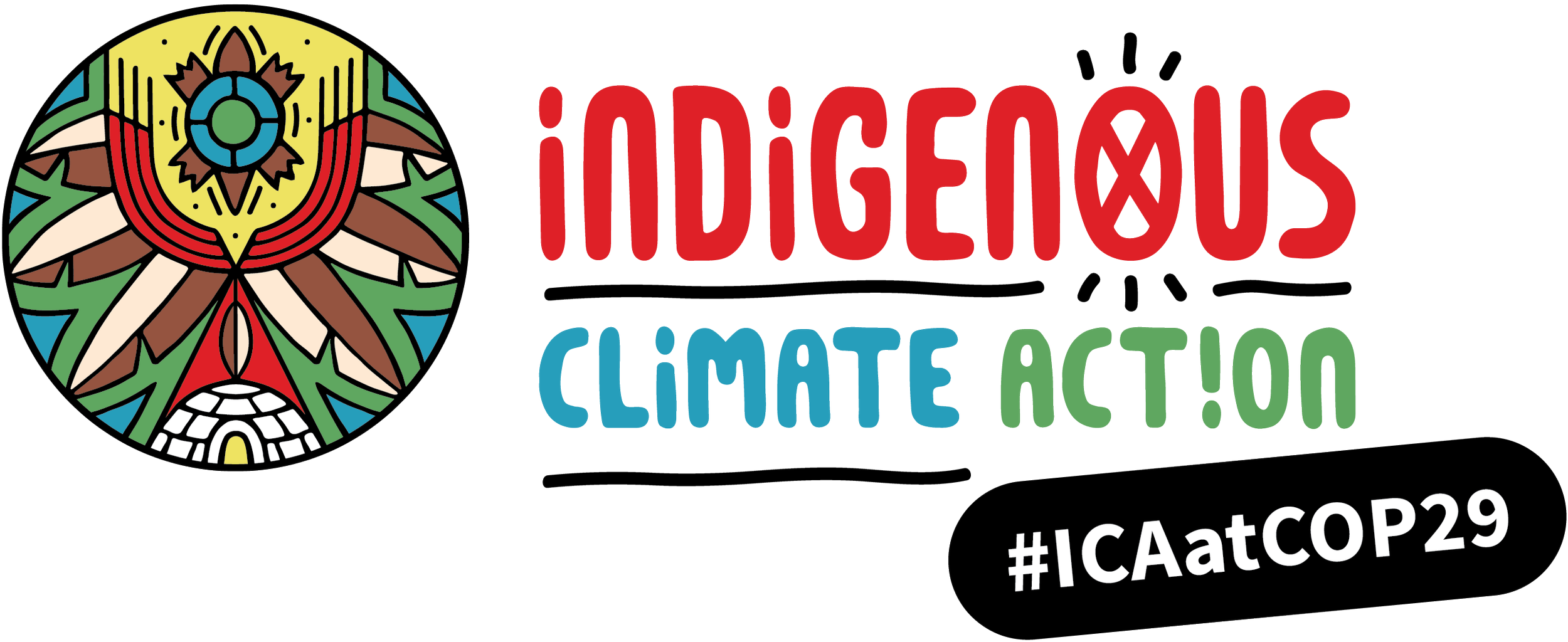
Follow along with our team at the 29th Conference of the Parties at the United Nations Framework Convention on Climate Change (UNFCCC COP29) in Baku, Azerbaijan.
Join in with your support!
Donate to ICA to support Indigenous change makers demanding climate justice for all!
The Latest from COP29
#ICAatCOP29 on Instagram
Our Delegation
What is the UNFCCC & COP29?
The United Nations Framework Convention on Climate Change (UNFCCC) is an international response to climate change. It is an agreement between 198 nation-states to outline obligations for how to combat climate change. It was signed at the Earth Summit in Rio de Janeiro in 1992 and came into force in 1994.
Under the UNFCCC process, the United Nations began hosting a yearly UN Climate Change Conference to serve as the formal meeting of the UNFCCC Parties (Nation States) and became known as Conferences of the Parties (COP). The first meeting was held in Berlin in 1995, known as COP1. This year, the COP29 will be hosted in Baku, Azerbaijan from November 11-22, 2024.
The UNFCCC was established before the affirmation of the United Nations Declaration on the Rights of Indigenous Peoples (UNDRIP), and thus advocates for Indigenous rights and sovereignty have had to work extremely hard to ensure Indigenous leadership is heard with respect to creating climate solutions.
Why invest time and energy into COP?
As one of the few Indigenous-led climate justice organizations North of the medicine line, we have a responsibility to stay involved, informed and active in international spaces where global colonial leaders are negotiating plans and actions that directly impact our lives, our rights and our culture. Bottom line, no decisions about us without us.
These spaces have historically treated Indigenous peoples as stakeholders with no more rights than environmental non-governmental organizations (ENGO) despite decades of legal challenges and UN declarations that support otherwise.
In contrast, the oil and gas industry invests millions to seed doubt about real solutions and champion their corporate interests despite being the leading perpetrators of climate change.
Over the last three decades, Indigenous peoples have been advancing some of the strongest climate policies rooted in our rights, language, culture and identities - deepening a collective appreciation for natural law and the importance of living natural systems as critical to survival on this planet.
Over the last six years, there has been progress to include Indigenous peoples and our knowledges into international climate policies, but this process is still lagging while false solutions like carbon offsets and short-term technical fixes like nuclear power and carbon capture and storage -' continue to be pushed with detrimental impacts to our communities and our lives.










